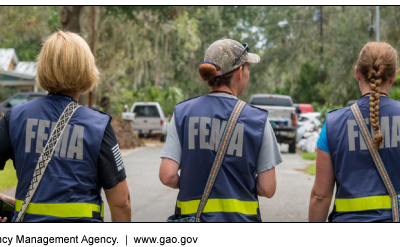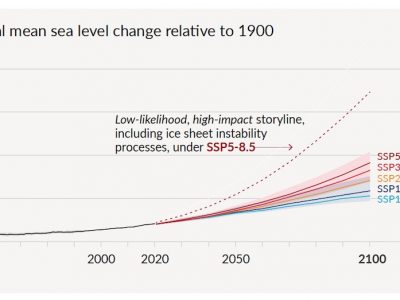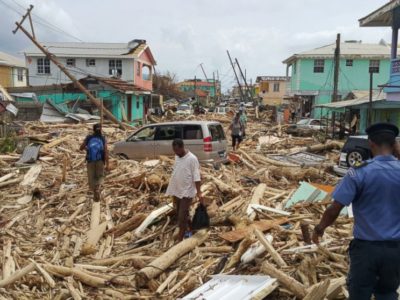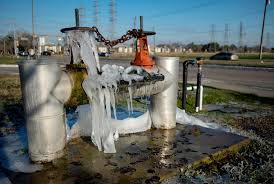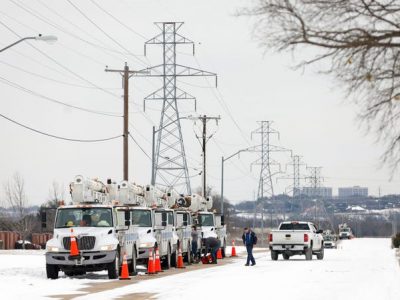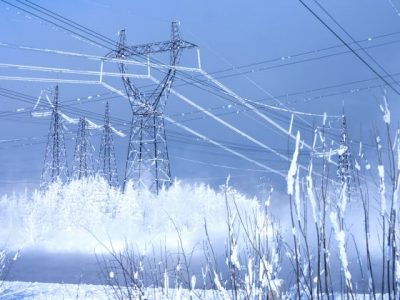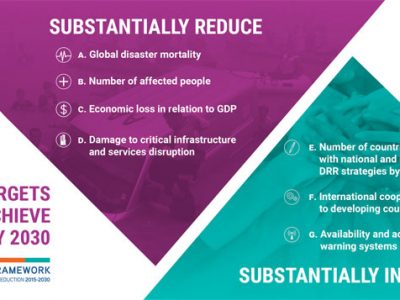Disaster Law
Rescuing FEMA (and ourselves)
FEMA needs to grow in order to handle its work. The need for growth will only get greater as time goes on.
2021 was a year of disasters, with extraordinary heat waves, fires, a string of hurricanes, a cold snap that left Texas in the dark, winter tornados, and torrential rains. FEMA has been left badly overstretched. That’s an urgent problem, and it’s likely a foretaste of the future. This is not just a problem for the …
Continue reading “Rescuing FEMA (and ourselves)”
CONTINUE READINGDisaster Mismanagement
12 Lessons from the COVID response in how NOT to manage a crisis.
The Trump Administration’s bungling of the coronavirus pandemic surely should feature in management textbooks. Just about everything that could go wrong, did go wrong. Some of the problems derived from having a top manager who was fundamentally indifferent and seemingly incapable of grasping basic facts. But other problems were due to inability to manage the …
Continue reading “Disaster Mismanagement”
CONTINUE READINGHot off the Press: The New IPCC Report
The latest science confirms the need for urgent action.
The IPCC issued the massive first volume of its new report on climate change on Monday. This volume focuses on climate science: how much will the world warm, and what will the impacts be? The bottom line is that the evidence is becoming ever firmer that (a) humans are causing an unprecedented rate of climate …
Continue reading “Hot off the Press: The New IPCC Report”
CONTINUE READINGWhat Have We Learned from Recent Disasters?
Disasters are getting bigger, badder, and less predictable. We need to adjust.
Hurricanes Harvey and Maria. California wildfires. Superstorm Sandy. The great Texas blackout. The list goes on. These mega-events dramatize the need to improve our disaster response system. The trends are striking: escalating disaster impacts, more disaster clustering, more disaster cascades, and less predictability. We need to up our game. Lisa Grow Sun and I discuss …
Continue reading “What Have We Learned from Recent Disasters?”
CONTINUE READINGThree Ways of Dodging Responsibility
After disaster strikes, there are some tried-and-true ways of avoiding responsibility.
In the wake of the Texas blackouts, we’re seeing a number of familiar moves to deflect blame by the usual suspects–politicians, regulators, and CEOs. These evasive tactics all begin with a core truth: Eliminating all risk is impossible and would be too expensive even if it weren’t. But then they spin that truth in various …
Continue reading “Three Ways of Dodging Responsibility”
CONTINUE READINGHow Much Should Texas Invest in Grid Resilience?
The Texas blackouts provide a case study in how to think through resilience issues.
As we begin to think through the long-term response to the Texas blackout, there’s a lot we don’t yet know. The ultimate issues are how much resilience we need against events like this and how we should obtain it. It’s helpful to lay out the kinds of questions we need to be asking as we …
Continue reading “How Much Should Texas Invest in Grid Resilience?”
CONTINUE READINGThe Big Chill
What went wrong in Texas and what can we learn from it?
The rolling blackouts in Texas were national news. Texas calls itself the energy capital of the United States, yet it couldn’t keep the lights on. Conservatives were quick to blame reliance on wind power, just as they did last summer when California faced power interruptions due to a heat wave. What really happened? It’s true …
Continue reading “The Big Chill”
CONTINUE READINGThe Global Convergence of Disaster Law and Climate Law
Two very distinct areas of international law are finding more and more in common.
International climate negotiations may seem to have little to do with the work of such international relief organizations as the Red Cross. On the national level, EPA and FEMA are two very different agencies that historically have had little connection. The same has been true at the international level. But disaster and climate authorities are …
Continue reading “The Global Convergence of Disaster Law and Climate Law”
CONTINUE READINGWe’re Going to Need a Much Bigger FEMA
FEMA is built to handle one disaster at a time. That’s not going to work in the future.
“When troubles come, they comes not as single spies but as battalions.” That wisdom goes back to Shakespeare. Yet our disaster response system is keyed to handling single disasters, not clusters of major disasters. That needs to change. This week is a good illustration. We have fires in California that may set records. We have …
Continue reading “We’re Going to Need a Much Bigger FEMA”
CONTINUE READINGHow NOT to Manage a Crisis
There were basic errors in organizing the White House pandemic response. It’s a teachable moment in crisis management.
The rap has been that the White House just ignored medical experts and left everything to the politicos. A NY Times story over the weekend reveals that the story was more complicated. It discloses basic failures in management and crisis response since early in the coronavirus outbreak. Those failures should be heeded by future leaders. …
Continue reading “How NOT to Manage a Crisis”
CONTINUE READING




